Black Identities: Highlighting four prominent Black communities in Edmonton
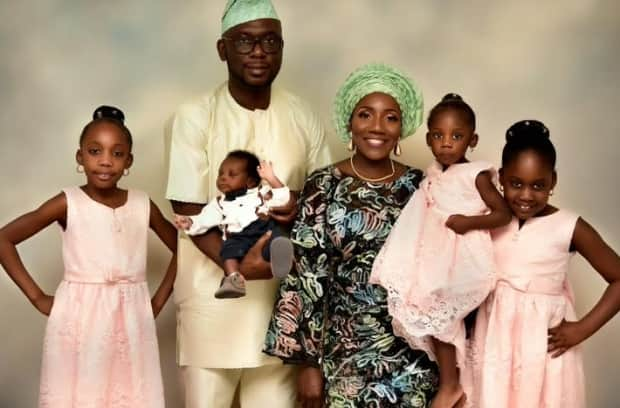
Black people are not a monolith.
There are Black communities formed as a result of slavery, erased of their history and ethnic identity, Black diaspora from Africa, Caribbean and South America.
Edmonton is home to a diverse range of Black communities, from the earliest African-Americans responsible for the firsts in the city to communities who came later but made this place their own.
For Black History Month, Edmonton AM focused on four prominent communities in the city, highlighting their culture, religion and language.
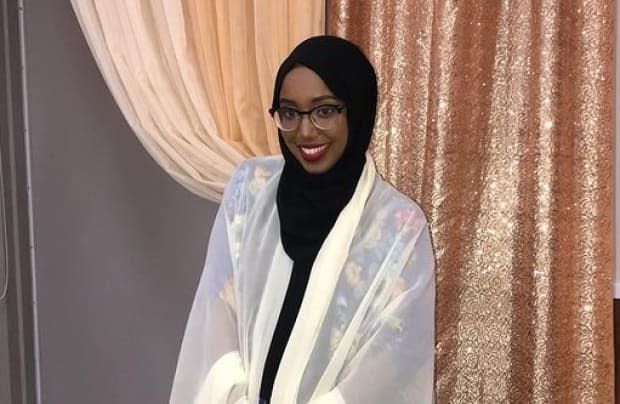
Somali
Alberta is home to the largest Somali-Canadian population outside of Southern Ontario. In Edmonton they make up the largest African community in the city, despite being new immigrants to the city.
Somalis started coming to Canada as refugees and immigrants in the early 90s. According to the 2016 Statistics Canada census, Edmonton was home to more than 9,000 Somalis.
Culturally, Somalis are largely homogenous. The majority are Muslim and speak either Arabic, Somali or both.
In Edmonton, the young Somali community has visible presence in arts, activism and entrepreneurship.
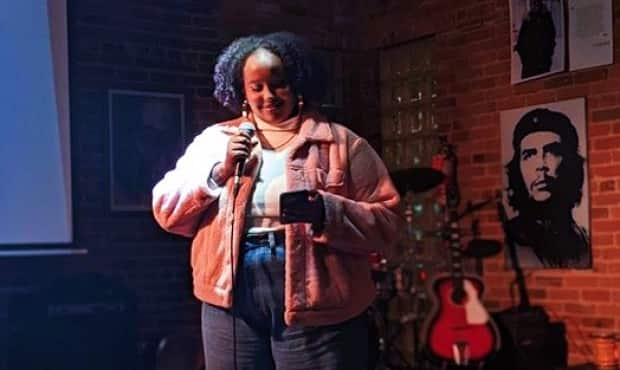
Poetry is a huge facet of Somali culture.
"Back home we are known as the nation of poets," said Amal Mohamud, a first-generation Somali-Edmontonian. "I don't think a lot of people are acknowledging or are familiar with our artistic side of the community."
A number of Edmonton's poet laureates have been Somali, from the famous Ahmed 'Knowmadic' Ali to Omar Farah and current youth poet laureate Timiro Mohamed.
The Somali-Edmontonian community is thriving because Somalis work hard at being involved and lifting others up, Mohamud said.
"We are very well-connected," she said. "We are all about supporting and helping each other out."
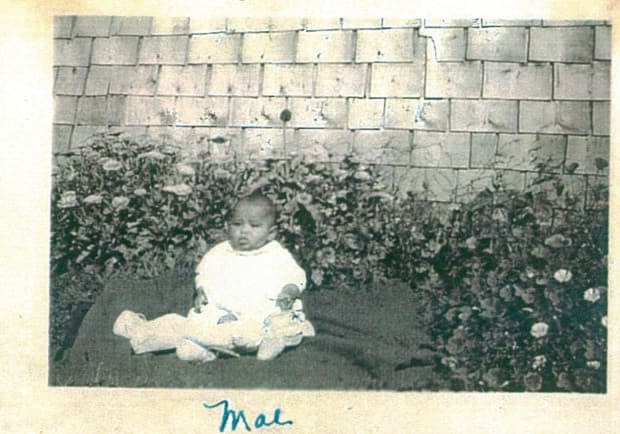
African American
African Americans escaping Jim Crow laws in the early 1900s were the first Black settlers to move to the Prairies and make it home.
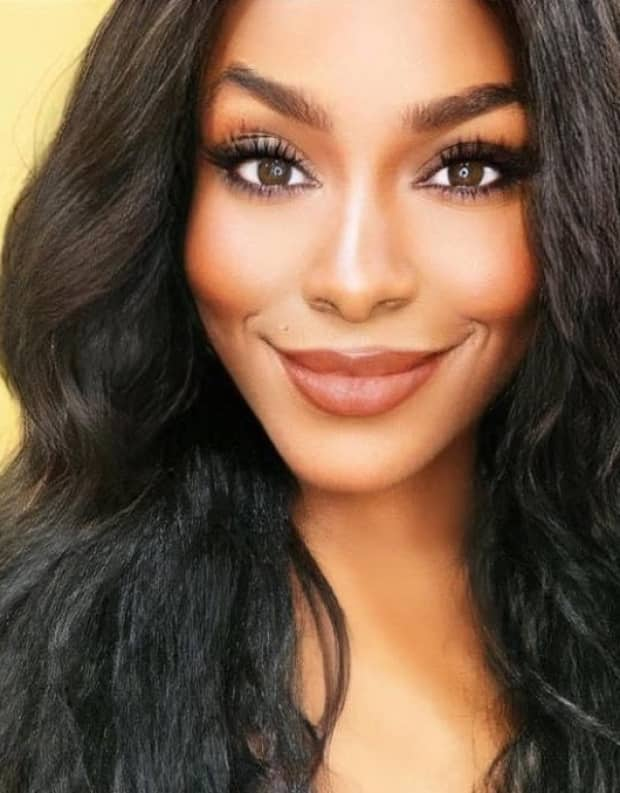
Although in present-day Edmonton, they make up a small percentage of the Black population, their history and contributions and many firsts are a significant part of the city's history.
The early African Americans moved to Alberta from Oklahoma, Mississippi, Missouri and Texas after seeing advertisements from the Canadian government for land.
Because they are descendants of slaves, their culture is borrowed from the United States, said Deborah Dobbins, a third-generation African American and founder of the Shiloh Centre for Multicultural Roots.
"We were stolen from Africa, so when we were in the U.S. we took on what we knew, and what we remembered," she said.
"And then when we came to Canada as Canadians, we eat the same food, speak the same language and wear the same clothes. We don't have any particular dress or language."
The small community is working hard to keep its presence known as many believe Edmontonians are unaware of their existence.
"They're not really aware of the African American and the fact that we are the early settlers," said Tanika Burlie, a 29-year-old social worker, whose grandmother Mary Burlie came to Edmonton in the 1960s.
She said the community along with Shiloh Baptist Church — the oldest Black church in Alberta — is making sure the younger generation as well as the rest of Edmonton know who they are.
"Partly what we are doing now in our community is actually teaching people about the African American settlers and about our culture and our roots here in Edmonton," Burlie said.

Caribbean
There are more than 13,000 Caribbeans in Edmonton, according to the 2016 census by Statistics Canada. Though the Jamaican community makes up a bigger portion, more than 6,000 people, Trinidadians, at more than 2,000, are also very active in the city.
Damion Gallimore, a network analyst in Edmonton and who started a page called JamaicaYEG to promote his community, said Jamaican culture in terms of food and music is strong in the city.
"In Edmonton, here you do have some established Jamaican food restaurants and grocery store where you can actually get produce straight out of Jamaica," he said.
"We're rich in music. We promote a lot of reggae music events, sometimes it's like a Bob Marley theme or sometimes it's stage shows that the event promoters bring up entertainers from Jamaica, sometimes it's older type and sometimes they're current in terms of mainstream."
Each Caribbean Island is distinct, where for example Jamaica is ethnically majority Afro Jamaicans, Trinidad has Black, Indian and Chinese ancestry.
All the communities come together to keep their heritage alive at Cariwest festival — a three-day festival celebrating Caribbean culture and heritage.
Samantha Alexander, marketing director for Cariwest, said the carnival showcases Caribbean food, music and costumes for Edmontonians but also to their own younger generation.
"Through our festival we always have a component of history so just explaining how carnival has come to be, the different elements within carnival, talking about that on a yearly basis," Alexander said.
"I guess that's a big mandate too, to educate the younger generation and then also others too."
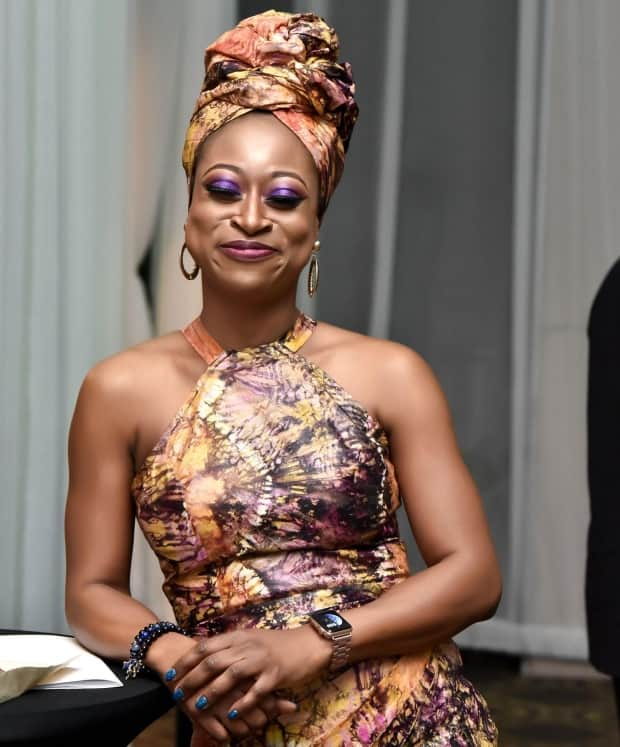
Nigerian
The Nigerian community, with more than 3,000 members according to the 2016 census, is an incredibly diverse community with members from multiple tribes speaking hundreds of languages.
In Nigeria there are around 250 tribes and 500 languages spoken. Although the country's three main languages are Igbo, Yoruba and Hausa, their official language is English due to British colonization.
In Edmonton, the community speaks English, but Funke Olokude, a community advocate in Edmonton, wishes Edmontonians would recognize their tribal languages as well.
"Most people don't know that we have such diversity within us," she said.
The community has Muslims and Christians who celebrate religious holidays together.
"When it was Eid, I was celebrating Eid. When it was Christmas, I was celebrating Christmas," Olokude said.
"Although we are divided on tribal and religious lines, that communal feel is strong and it's something we are also trying to build here in Edmonton as well."
Because there are so many tribes within the country, they have a wide variety of traditional clothing and food as well.
Ibrahim Kassim, social director for the Nigerian Association of Edmonton, said their clothing includes bright colours — reds, blues, greens and yellows — and, for men, are a variation of long robes or tunics including the kaftan or the agbada.
Traditionally Nigerian women wear wrappers, that come in various styles of draped clothing.
"With so much influence from around the world, a lot of traditional attires have been designed to look more modern so you have blouses, you have skirts, there is a lot of international influence on the fashion sense of Nigerians right now," Kassim said.
However, one common element of all formal wear is the headgear. The women wear headgears of considerable size.
"They actually have special people who know how to tie it and it comes in different designs depending on how flamboyant you want to look," Kassim said.
"So if you notice in all three major ethnic groups there is headgear for all our major attires for both men and the women."
For more stories about the experiences of Black Canadians — from anti-Black racism to success stories within the Black community — check out Being Black in Canada, a CBC project Black Canadians can be proud of. You can read more stories here.


 Yahoo Finance
Yahoo Finance 